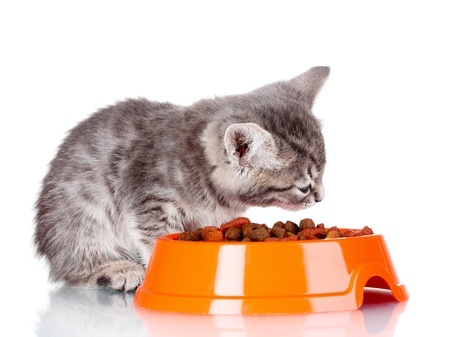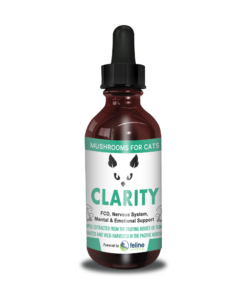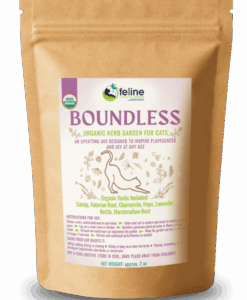Many cat parents these days are cautious of the nutrition they are giving their kitties. They want to know what the best foods are to feed to give their cats the best life and love possible. That’s why we’ve created this beginners guide for you. This should help you better understand the frequently touted term, Veterinary Nutritionist, and many of their common cat food recommendations.
Most major pet food companies hire animal nutritionists to help balance the ingredients in the pet foods they sell. Sounds like a great plan, right? Well, this is where the pet politics get complicated.
The tricky news is that many of these veterinary nutritionist are contractors that are financially backed by the major pet food companies who employ them. Many of these companies even pay for the ‘nutritional’ schooling they need to earn this title. They receive the title of ‘veterinary nutritionist’ by the ACVN (American College of Veterinary Nutrition), becoming licensed veterinarians, ‘board certified’ in veterinary nutrition.
What we are not told is that the nutrition courses that they’ve passed are taught by OTHER veterinary nutritionists who are ALSO employed by these major pet food companies. Do you see where this is going?
It’s marketing genius, really – but leaves our cats at risk.
So, Cat Food Company (A) puts cheap (and sometimes life threatening) ingredients in their food and makes a lot of money. Someone catches them and calls Cat Food Company (A) out. Cat Food Company (A) then takes their profits, hires their own ‘veterinary nutritionist’ professors to teach new students. These new graduates are then hired by Cat Food Company (A) to approve their foods. Now they are able to market pet foods with slogans like “wholesome” “fully balanced” and “veterinary nutritionist approved” on their labels. Yet the ingredients never changed.
See what I mean by “politics”?
These marketing practices leave us cat parents in a hard spot – trying to find someone we truly trust to tell us what cat food is actually healthy, wholesome and balanced for your cat. Or we will need to understand the ingredients ourselves.
If you are purchasing your cat food from a small, high-quality pet food company, it shouldn’t be hard to find out where they source their ingredients and the credentials of the pet nutritionist in charge of balancing those ingredients.
Additives, preservatives and artificial flavors are not only unhealthy (and sometimes toxic) to our cats, but so are most of the other ingredients in the big brand cat foods. Cats are obligate carnivores. They need meat to survive and live the healthy lives that they deserve. Their bodies do not produce the enzymes needed to digest grains, starches and carbohydrates. Yet, somehow, the major pet food brands are able to use these as the main ingredients in their food and call it “healthy” “wholesome” “fully balanced” and “veterinary nutritionist approved.”
In closing, we do not have a degree in pet nutrition. We’ve simply been studying it for over a decade and learning from the top animal nutritionists who actually care more about pets than they do their pocketbooks. Therefore, we feel obligated to inform our readers with truth every chance we get.





Recent Comments